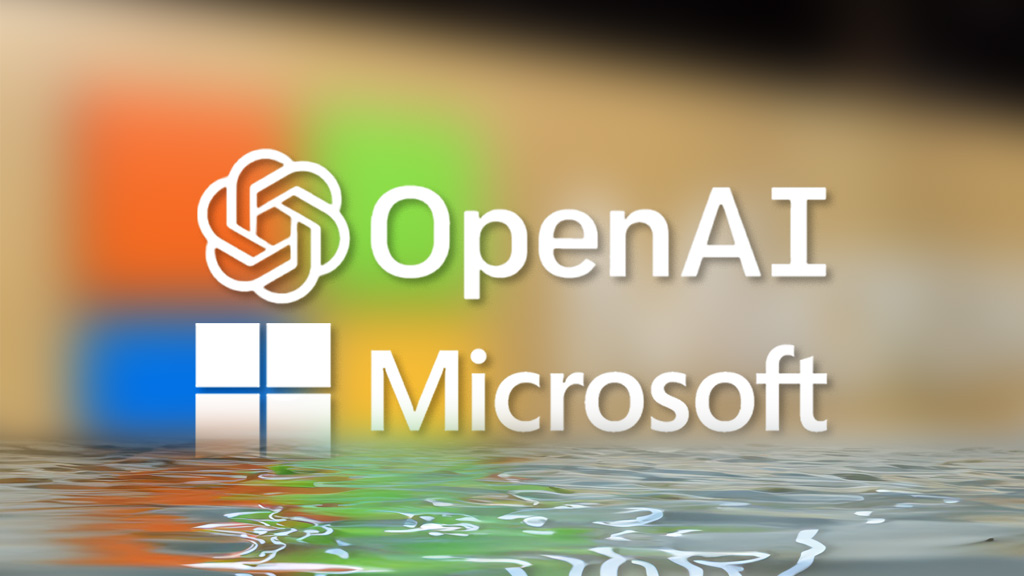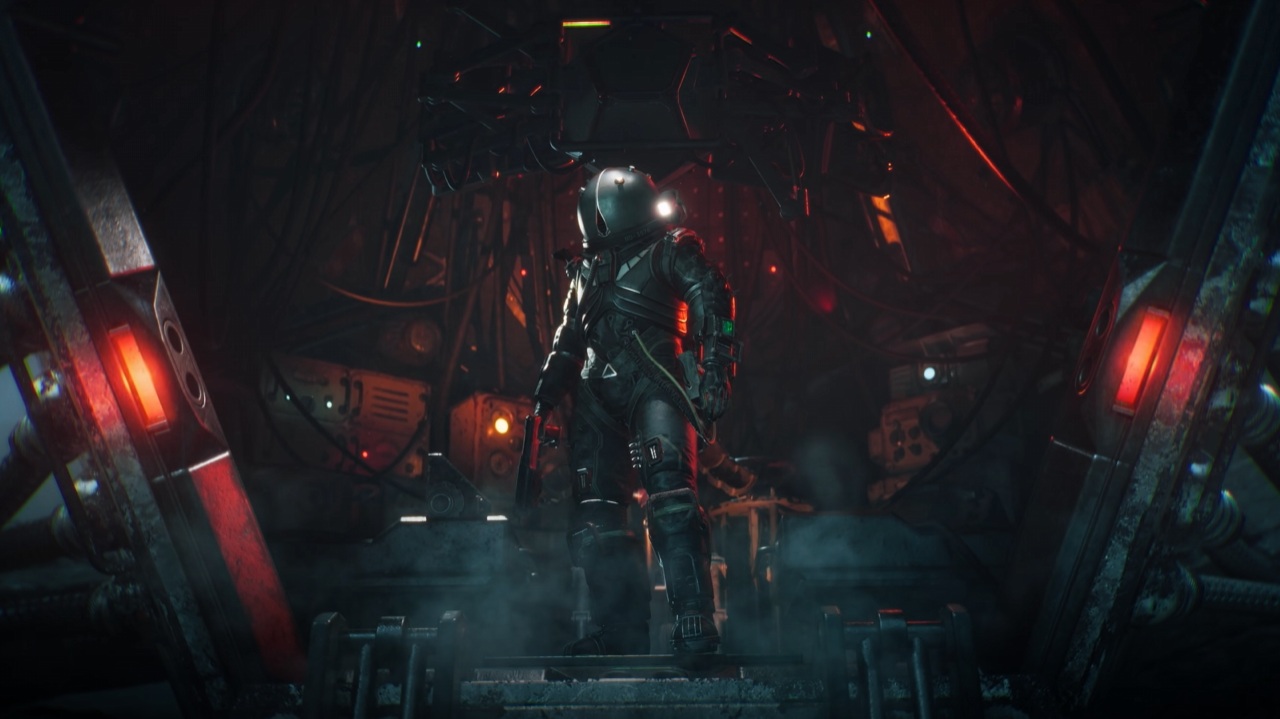Intellectual property theft? Non-fiction authors sue Microsoft and OpenAI in class action lawsuit mirroring New York Times case
Two non-fiction authors have filed a class-action lawsuit against Microsoft and OpenAI for intellectual property theft.

What you need to know
- Microsoft and OpenAI partner on the leading AI chatbot in ChatGPT.
- These AI Models train themselves by scraping the internet for content, often paraphrasing or directly quoting sources without compensation.
- The question of whether AI models fall into fair use is already being investigated by government regulators, but now several groups are suing for damages.
- Nicholas A. Basbanes and Nicholas Ngagoyeanes are asking for $150,000 in damages.
The New York Times recently announced it is suing OpenAI and Microsoft over AI's use of copyrighted work. While that case has the legs to affect precedent if they are determined to ride it out to the Supreme Court and not settle out of court, the case being brought this week is of less importance but still a blow to Microsoft and OpenAI's business plans. As reported by Reuters, 2 non-fiction authors have started a class-action suit against the AI company and technology company. The lawsuit discusses the issues at the center of the case and what the authors are looking for in terms of damages.
Nicholas A. Basbanes and Nicholas Ngagoyeanes are the two authors starting this class action lawsuit and are looking for other authors to support the action. Their case will likely be resolved based on the precedent set by a more significant case like the New York Times.
Why is are authors suing Microsoft and OpenAI?
The actual legal issue at the center of the lawsuit is not new and has been a simmering pot ready to boil over for a while now. We recently discussed how, in response to regulators looking into AI and fair use, Microsoft believes end-users should be responsible for copyright infringement instead of the companies. This seems to be a bandwagon effect as more and more authors, artists, and even smaller companies will need to protect their intellectual property through lawsuits.
It's also important to note that the courts might decide not to make a precedent here and follow current law. If that is the case, the U.S. Copyright Office is already looking into this issue. It could be decided there for either a positive or negative outcome regarding intellectual property protection.
Yet Defendants, through their willful and flagrant violations of Plaintiffs’ copyrights, threaten the very existence of writers because without permission or payment, Defendants copied Plaintiffs’ work to build a massive commercial enterprise that is now valued at billions of dollars.
Basbanes & Ngagoyeanes
The issue is really about OpenAI training their LLM models on copyrighted works, not compensating the source of the content, and not having a legal right to do so.
The courts are going to have their hands full in deciding this issue. Either way, it will have enormous ramifications for copyright protections in the future, either positively or negatively. However, as a team member who works very hard to write original content, I hope that human creativity and ingenuity are protected over the rights of a company to use a bundle of algorithms to regurgitate information without proper sourcing and compensation.
Does AI fall under fair use?
That is the million-dollar question at this point. I feel like we will continue to hear about more and more lawsuits coming out against Microsoft and OpenAI. Microsoft is close to overtaking Apple as the number one company in the US, and they will fight tooth and nail to keep their AI dreams alive. While I am a champion for intellectual property protection and finding ways to keep big corporations in check within reason, I have a hard time thinking Microsoft will let themselves lose these court battles. Microsoft has bet it all on AI, and if a court determines they have to start paying everybody who has ever created any content on the internet, profit margins will dry up quickly.
Get the Windows Central Newsletter
All the latest news, reviews, and guides for Windows and Xbox diehards.
It will be fun to see where these court battles take us, but for now, all we can do is speculate and wonder how it will turn out. Many content creators, though, are waiting on bated breath for a resolution as there seems to be a consensus that AI has had a negative impact, especially in journalism. On top of the already struggling economy, many websites and journalistic outlets might not be able to hold out much longer if AI is allowed to continue repurposing original content without just compensation.
What do you think about OpenAI, Copilot, and other AI services using copyrighted material? Do you think these vast corporations should have to compensate the owners of the copyrighted material? Let us know in the comments.

Colton is a seasoned cybersecurity professional that wants to share his love of technology with the Windows Central audience. When he isn’t assisting in defending companies from the newest zero-days or sharing his thoughts through his articles, he loves to spend time with his family and play video games on PC and Xbox. Colton focuses on buying guides, PCs, and devices and is always happy to have a conversation about emerging tech and gaming news.
-
judah modeste Then they should start suing schools and students that reference their work without asking. I still think all works falls under fair use.Reply
